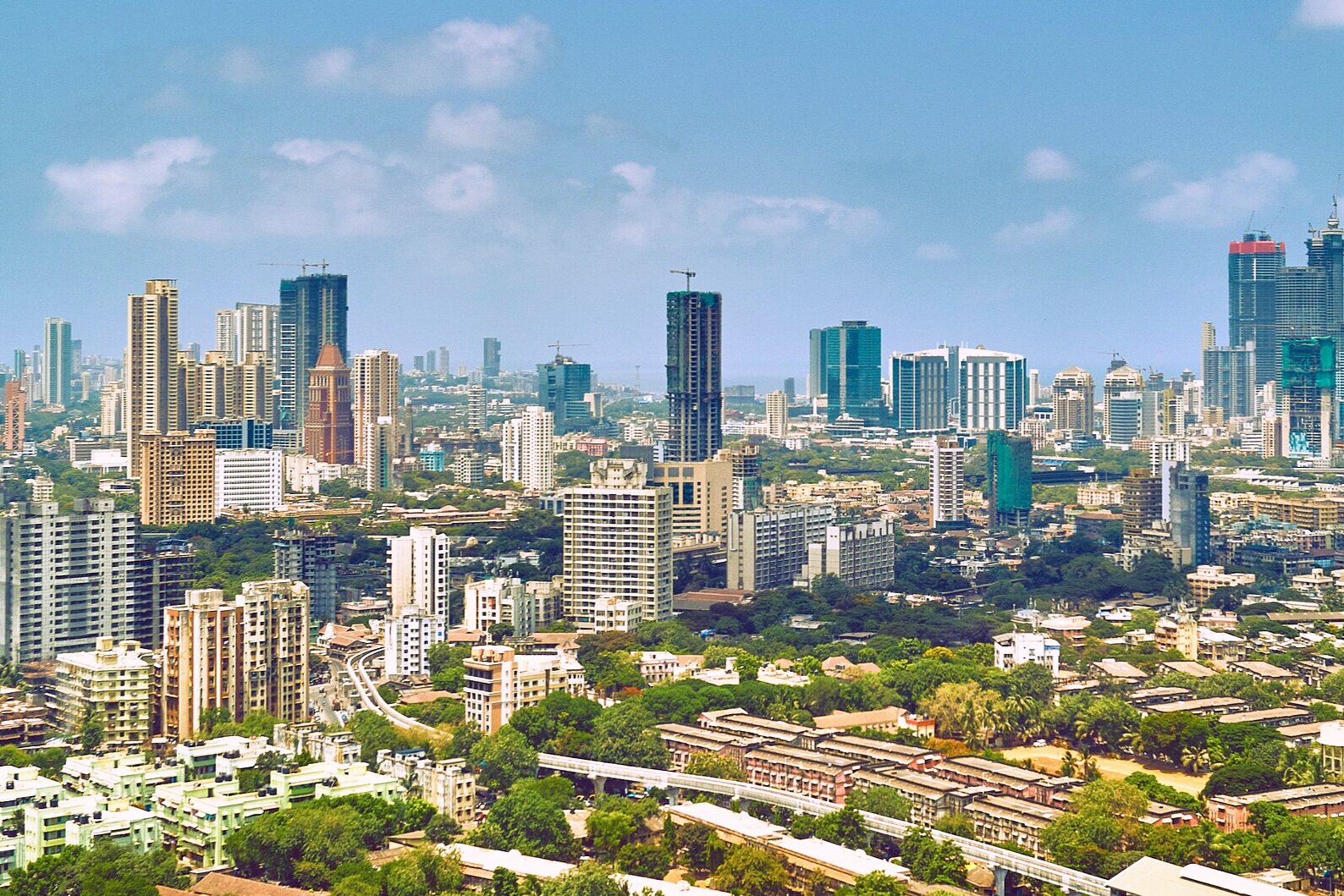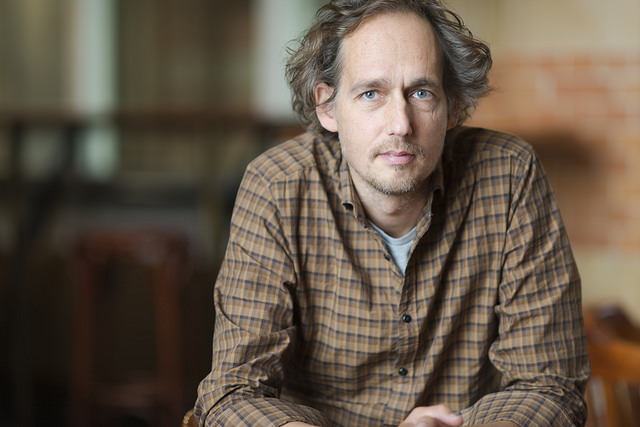When working in India, Dutch companies quickly think of three things: poverty, bureaucracy and corruption. But this simple ABC no longer applies to the country that, according to the World Economic Forum "will play a key role in the global industrial industrial revolution 4.0". In addition, continued economic growth is making India according to McKinseythe most attractive emerging market in the world to make a long-term investment in.
The Mumbai skyline by Vidur Malhotra
The world's fifth largest economy is not only moving like a train economically. The country is modernising at a rapid pace: cities are being made more liveable with the Smart City plan, India is the world's fastest digitalising country after Indonesia, and since 2019 it has held the title of World Poverty Reduction Champion. All these improvements will not only ensure that in the next ten years, around 500 million Indian households will climb up the socio-economic ladder and end up in middle and higher income groups, but also that these Indians will start spending that extra money via their mobiles , largely online.
Selling in India
By 2050, India will have surpassed the US and Europe to become the largest consumer market in the world. Anyone who is serious about the future of their business would therefore do well to explore India. Preferably today rather than tomorrow, because building relationships - crucial in India - obviously takes time.
The country's large multinationals have known this for a long time. Philips, Unilever, Heineken, TomTom, Elsevier, DSM, AkzoNobel and Shell: they have all been there for years. And not just to outsource their IT. Philips has a wonderful innovation campus there, Heineken is one of the largest beer sellers in the country, Ahold gets its grapes there and TomTom has developed a separate navigation system especially for the Indian market.
In India, there are opportunities for every sector
For SMEs, there are opportunities in almost every sector. For instance, Dutch water, energy, mobility and waste companies can make a significant contribution to the construction of the hundred smart, sustainable cities that are currently being planned. Dutch agri- and food companies can also have fun in India. Since 40% of all fruit and vegetables rot before reaching the Indian market, there are enormous opportunities for greenhouse builders, logistics players and cold storage suppliers.
The creative sector is also growing rapidly: Endemol grew in 10 years to become the largest TV producer in India and the Amsterdam Dance Event has been organising a special ADE Global session in Mumbai since 2016. And what about the retailers who are struggling so much in the Netherlands: the Dutch clothing brand Scotch & Soda has been in India for three years now and will soon open its eighth physical shop. In addition, they will be venturing into the fast-growing Indian e-commerce market with their local partner. And they are not the only ones, the big American giants such as Amazon, Walmart and Apple are aiming massively at (online) sales in India in 2020.
The question now is not if, but when your company will also take its first steps on the Indian market. Are you curious as to how your company can benefit exactly? We can help you understand the Indian market and draw up a plan together with you!



